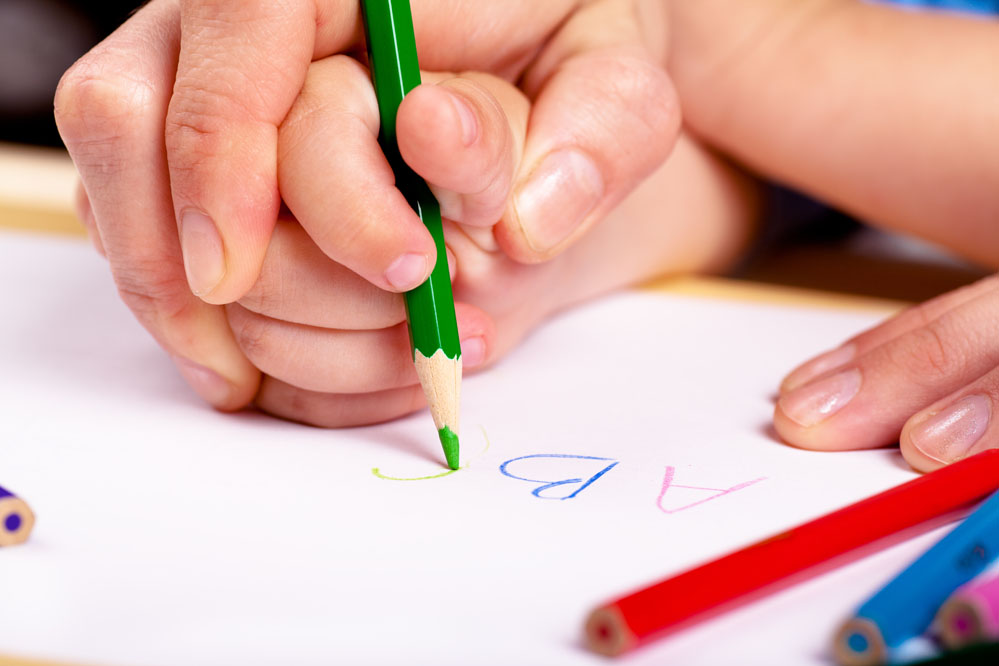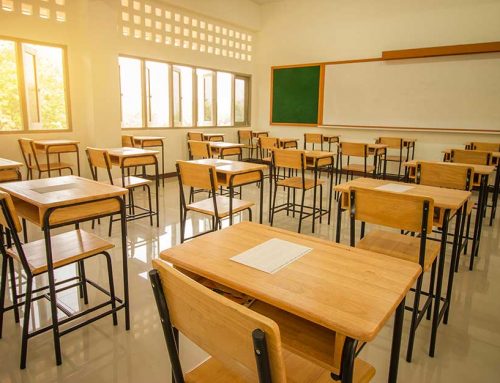The outlook towards early years education has drastically changed over the past few years. From adopting a traditional approach to teaching content and topics, the focus has shifted on learning concepts through inquiry and play-based learning. The shift has been dynamic and transformational to give a stronger foundation for the elementary or primary school.
A constructivist learning- teaching environment helps the young minds to construct knowledge of their physical, social, and emotional world. The learner makes more sense of what is being learnt in context of the real world we are living in.
More effective results can be attained through a stronger collaboration between the homeroom facilitators and the parents, giving a wholesome and meaningful learning experience to the learners.
I would like to bring attention to few crucial areas which are often neglected thereby reducing the overall effectiveness of learning in early years.
The sensory learning that takes place through observations, role play, inquiry and experiential learning cannot be replaced by digital screens or mindless swiping on an educational app, websites or YouTube videos by the children of early years. The learning that takes place in physical world has much more impact on the early year learners than the digital world. Technology can be a tool to support learning but should not be completely dependent on to. Many a times adults use technology to engage the children or to divert them from their demands that cannot be met or to occupy them when they are unable to spend quality time due to work commitments and time constraints. With the screen time displacing real play time and family play at home, valuable opportunities for the complete welfare of the child in early years are lost.
In such circumstances, there is a disconnect between the learning that takes place in school and home. So, the question arises, how to create a balance and how the learning at home could be an extension of learning at school for an enriching and fruitful output. This connection is a key component of a child’s development and to support further learning.
Both the educators and parents should encourage free play, design and scaffold play adventures so that learning happens naturally. Weekends can be exclusively screen-free wherein parents can create settings at home to encourage role play, provide resources for the same , organize outdoor play or taking them to a park for exploration, giving opportunities for expression through art, music or dance, reading aloud stories , nature walk and playground meet-up in coordination with other parents etc. Family play time can include reading, playing, gardening, craft work, singing, dancing, and much more to have entertainment that contributes to the cognitive, emotional and social growth of the child. Spending quality time with children at this age will ensure greater assimilation of moral and ethical traits.
A stimulating environment with the opportunities to investigate; satisfy their inquisitive mind; encourage to seek answers to questions that arise out of curiosity. Experiencing success as well as failure in due course helps to develop perseverance and resilience which in turns creates a positive attitude towards learning.
The active participation by the parents in nurturing the child’s development beyond classroom walls acts as a catalyst and the involvement creates a special bond of trust that makes the child feel more confident. The proximity encourages the child to develop a positive attitude and gives the parent a better understanding of the child’s interest, abilities and competencies. A healthy communication between the child’s homeroom teacher to seek information about the child’s progress, volunteering to extend support at home and participation in activities or events organized by the school community leads to an extremely healthy and beneficial collaboration.
To get the true benefits from early childhood education, parents and educators need to engage in continuous collaboration and reflect on mindful ways to support the young learners reach their full potential. We, at The Gaudium school look forward to nurture our geckos by establishing a strong culture of collaboration.






Leave A Comment